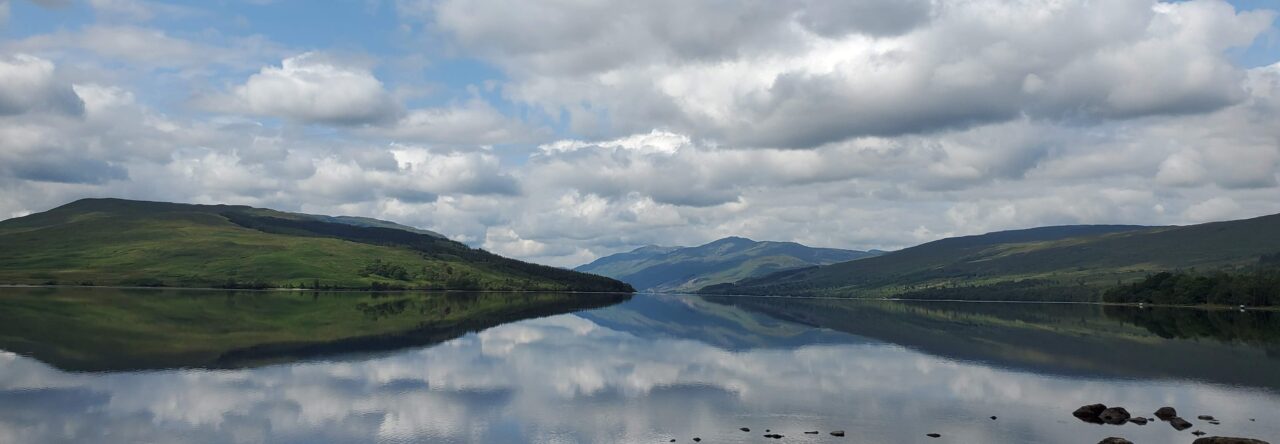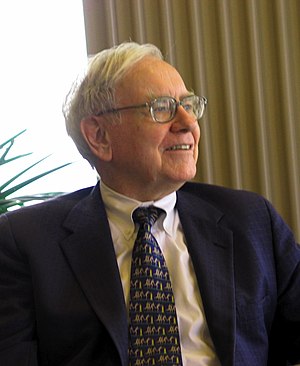I’ve once again had the privilege to work on Forbes’ World’s Billionaires list with a great team (I was a country editor). This year, we heard a lot more anxiety from billionaires as they manage uncertain markets. As a quick aside, I think our relationships with billionaires is what differentiates us from Bloomberg’s new Billionaires Index (which by the way was started by a former Forbes billionaires editor, Matt Miller). I spend a lot of time on the phone and messaging billionaires and their representatives to understand how they view their businesses and global economic prospects. This one-on-one relationship has given me and my colleagues at Forbes a clear indication of what the world’s global entrepreneurs think the near-term future holds.
Despite a bumpy 2011, billionaires I spoke with are cautiously optimistic for the next twelve months. As one former real estate billionaire, Jorge Perez, put it when I was speaking to him recently, he made money last year after a couple of unprofitable years, and that’s good news – he may find himself back on the billionaires list next year if all his projects continue to grow as planned.
The one constant across the board is that many billionaires are diversifying. Perez for example, who made a bundle on high-end condos during the boom is now looking at middle-market and affordable housing, condos as well as rentals. Billionaires are investing in new areas like tech which happens to the hottest (if one of the only hot) IPO sectors at the moment. When you see Mark Zuckerberg ready to hit the jackpot with his Facebook IPO, or Japan’s Yoshikau Tanaka doubling his fortune as his online social network Gree skyrockets, it make sense. Two of Ukraine’s billionaires who made their billions from heavy industry like pipes and steel are investing in the tech space: Victor Pinchuk announced plans to invest in e-commerce, telecommunications and social network start-ups at Davos and Ukraine’s richest , Rinat Akhmetov, is staking out space on the internet by merging operations with new Ukrainian billionaire, Petro Poroshenko.
Three other sectors are also making billionaires particularly happy: food, retail and energy. I see it as getting back to basics with what most people seek: something to eat, shelter and heat. That’s how Ukraine’s Poroshenko got on the list (see Forbes newcomer slideshow). The value of his chocolate business (he is known as Ukraine’s chocolate king) is increasing. In the Czech Republic, Andrej Babis’s food conglomerate Agrofert, continues to grow. As for shopping, Japanese billionaire Tadashi Yanai’s Fast Retailing stock price is up 35% over the past year; it encompasses brands from price conscious, Uniqlo, to fashionista brands, Theory and Helmut Lang. (see my comment on diversifying)
And then there is energy, and I am not talking so much about oil, as I am about electricity. Several Turkish conglomerates for example are making big energy plays which are buoying net worths even as the Turkish stock market falters, and the Turkish lira is down against the dollar. Ahmet Calik, who publishes Forbes Turkey, is investing in energy distribution and renewable energy, building power plants in Iraq, Turkmenistan and Uzbekisan. Ukraine’s Rinat Akhmetov whose steel fortune is suffering, is buoyed by investments in coal mines and electricity generation. Solar and wind energy are also important areas; Romania’s sole billionaire, Dinu Patriciu, is investing in solar and wind projects in Europe.
Where work needs to be done: mining and banking. The Bloomberg World Mining Index is down 22% over the past year. That has helped shave off nearly a billion from the net worths of the Kazakh trio – Alijan Ibragimov, Patokh Chodiev and Alexander Machkevich (2012 NW each: $2.8 billion versus 2011 NW each $3.7B). Declining bank stocks knocked three Kazakh billionaires off the list: Timur Kulibaev, Dinara Kulibaeva and Nurzhan Subkhanberdin. (see Forbes dropoff slideshow) My hypothesis: they’ll be working on diversifying over the next year.







